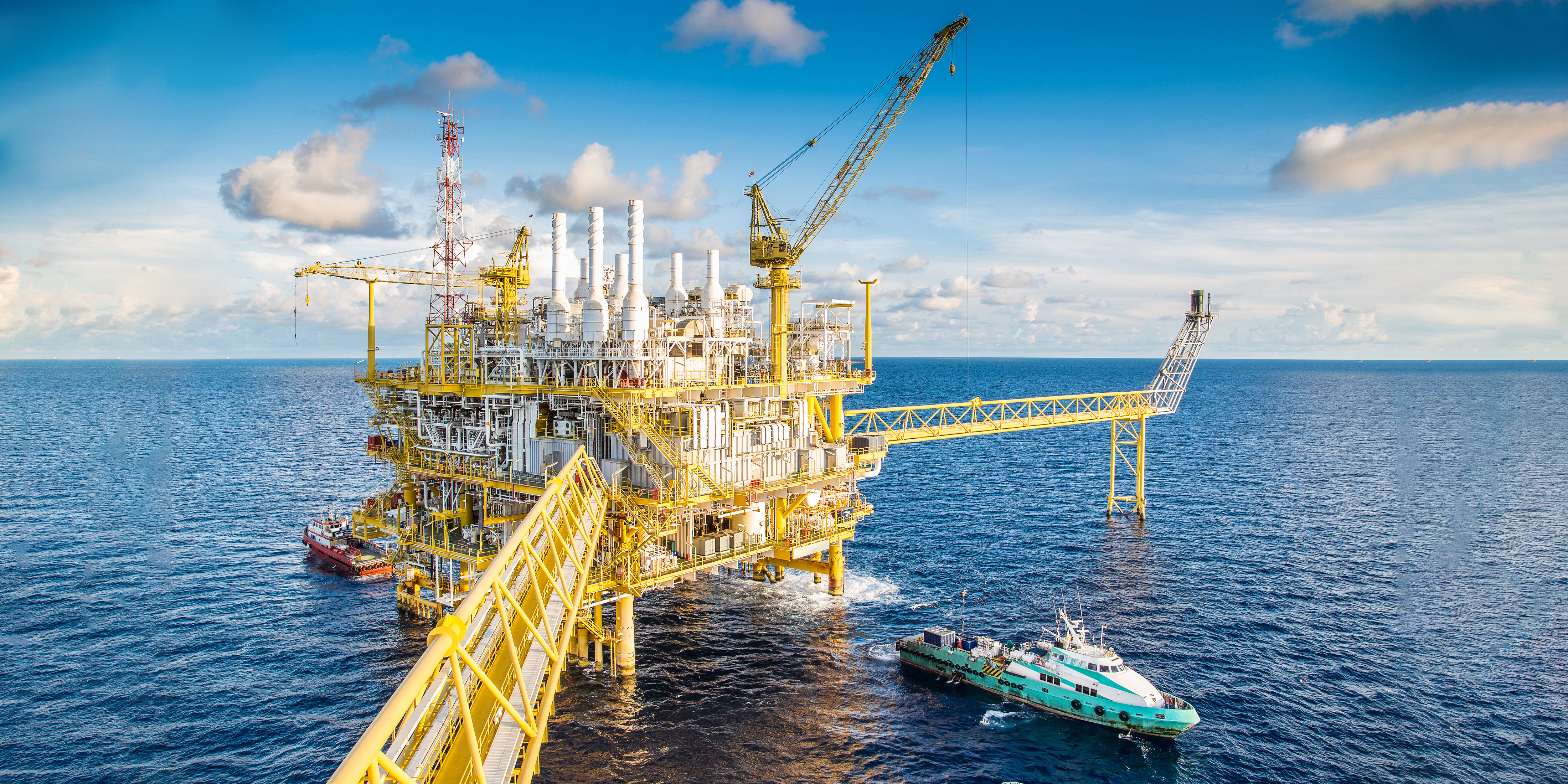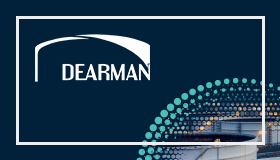Panametrics, a Baker Hughes business, has made its flare control and digital verification platform, flare.IQ, available to upstream operators for the first time.
Flare.IQ was originally launched in 2017 to support oil and gas downstream operations, but a new feature enables upstream operators to better understand their flare emissions footprint. It will also improve transparency from flaring operations.

Panametrics is already working with BP, marking the first time flare.IQ will be used in the upstream oil and gas sector, continuing the two companies’ partnership to measure and ultimately reduce BP’s emissions across its global flaring operations.
New data has revealed that if deployed on every downstream flare globally, flare.IQ could save more than 80 million tons of CO2 equivalent emissions.
This is a similar impact to taking 18 million cars off the road. By using flare.IQ and its advanced analytics platform, downstream operators can ensure 98 percent+ high-efficiency flare combustion (vs. typical operation of 85 percent flare combustion efficiency for downstream facilities).
“Natural gas flaring, venting and fugitive emissions represent a critical issue for the oil and gas sector, and we are seeing more businesses taking action on flaring as part of their decarbonization strategies,” said Diarmaid Mulholland, vice president of Panametrics.
“Downstream operators are increasingly turning to flare.IQ as a low-cost high impact means of monitoring, measuring, and helping drive down methane emissions.
“We have continuously invested for growth in flare.IQ, now adapting our ground-breaking technology to enable upstream operators to accurately monitor and measure their flare related emissions by putting environmental flare metrics on the production floor.”
Using the monitoring data, operators can work in collaboration with Panametrics to make informed choices that will help improve flare combustion efficiency and achieve reductions in emissions.
According to the IEA, methane emissions are the second largest cause of global warming with oil and gas operations worldwide, emitting more than 70 megatons of methane into the atmosphere in 2020. Incomplete flaring is one of the major causes of methane emissions across the oil and gas industry.
By improving flare combustion efficiency, operators can reduce their flare-related emissions. Major operators in North America, China, the Middle East and Europe have already adopted flare.
For more information visit www.bakerhughesds.com/panametrics
Do you have any news articles you would like to submit? Please contact Tracey Sansom: tracey@tankstoragenewsamerica.com
















